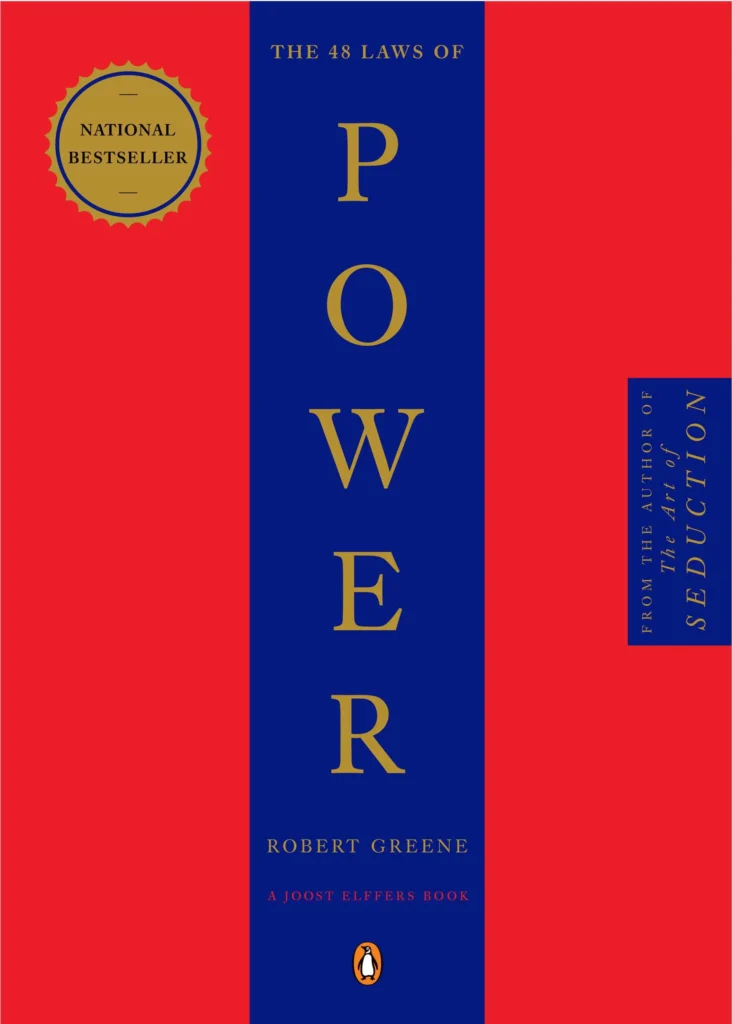Book Review: The 48 Laws of Power
Introduction
In today’s fast-paced world, power is a coveted element that shapes the dynamics of society. Whether in personal relationships, business, or politics, individuals are constantly seeking ways to wield power and influence. One book that has gained immense popularity in this realm is “The 48 Laws of Power” by Robert Greene. In this article, we will delve into the intriguing content of this profound work, exploring its key principles and the impact it can have on our lives.
Understanding the Laws of Power
Law 1: Never Outshine the Master
- This law emphasizes the importance of being tactful when dealing with authority figures.
- It cautions against overt displays of superiority, as it may threaten the ego of those in power.
- Instead, one should find ways to subtly contribute and support their superiors without overshadowing them.
Law 2: Never Put Too Much Trust in Friends
- This law highlights the potential dangers of blind trust in personal relationships.
- It encourages individuals to be cautious and aware of others’ motivations.
- While friends can be invaluable, it is wise to maintain a degree of skepticism and discernment.
Law 3: Conceal Your Intentions
- This law stresses the importance of strategic thinking and secrecy.
- By keeping one’s goals hidden, individuals can maintain an edge over their competitors.
- It emphasizes the art of deception and the power of surprise, creating opportunities for success.
Law 4: Always Say Less Than Necessary
- This law advises individuals to practice the art of selective communication.
- By avoiding excessive talking, one can maintain an aura of mystery and control.
- Not revealing everything ensures that others are left guessing, granting a strategic advantage.
Applying the Laws in Real Life
In Personal Relationships
- The principles outlined in “The 48 Laws of Power” can influence the dynamics of personal relationships.
- Understanding these laws allows individuals to navigate power imbalances and maintain healthier connections.
- Applying subtlety, trust, and strategic communication can foster more balanced and harmonious relationships.
In the Business World
- The laws explored in this book offer insights into power dynamics within organizations.
- Employing them can help individuals thrive in competitive work environments.
- By being aware of how power is wielded and how to effectively utilize it, professionals can advance their careers.
In the Political Sphere
- The world of politics is driven by power, and “The 48 Laws of Power” sheds light on the strategies employed by politicians.
- Understanding these laws can provide individuals with a deeper understanding of political gamesmanship.
- It offers insights into the maneuvers used by politicians to gain and maintain power, empowering readers to be more discerning voters.
Criticism and Controversy
- As with any influential work, “The 48 Laws of Power” has faced its fair share of criticism.
- Some argue that the book promotes manipulative tactics and unethical behavior.
- However, proponents of the book argue that it merely exposes the realities of power dynamics and provides valuable insights.
Conclusion
“The 48 Laws of Power” by Robert Greene is a thought-provoking work that explores the intricacies of power and how it can be harnessed. It offers readers valuable lessons on the art of influence and strategy, applicable in various aspects of life. While the book has garnered both praise and criticism, its enduring popularity reflects its relevance in understanding the complex world we live in today. Whether you embrace or challenge its principles, “The 48 Laws of Power” undoubtedly ignites conversations that ultimately shape our understanding of power dynamics.

